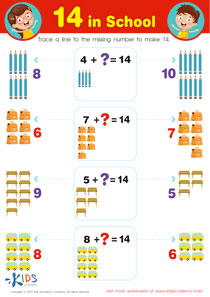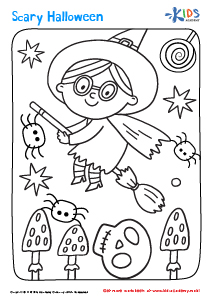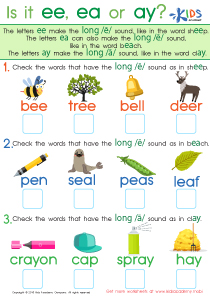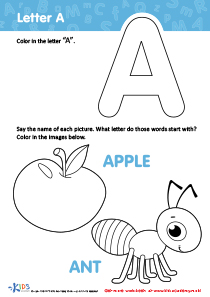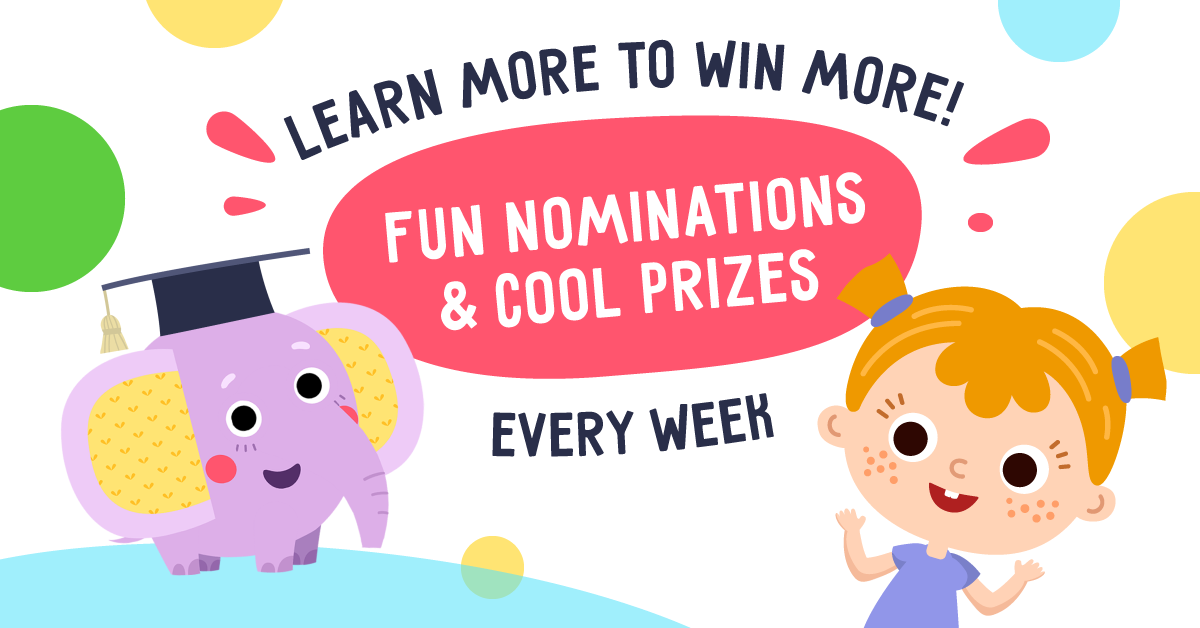Hard Parts of a Book Quizzes for 3-Year-Olds
1 results
1 filtered results
Clear all filters1 filtered results
-
From - To
Dive into the world of reading with our "Extra Challenge Parts of a Book for 3-Year-Olds" interactive assessment quizzes! Designed specifically to captivate the curious minds of young readers, this delightful quiz collection introduces the fundamental elements of a book in a fun and engaging way. As your child navigates through each quiz, they'll discover the magic hidden in covers, pages, and even the spine of a book. With instant feedback provided, these quizzes are perfect for reinforcing knowledge and encouraging a love for reading. Prepare your little one for a joyful learning journey with our Extra Challenge quizzes today!
In the world of early learning, engaging children in activities that are both educational and enjoyable is key to fostering a love for reading and learning from a very young age. One such innovative approach to teaching children the basics of literature and how books are structured is through the "Extra Challenge Parts of a Book for 3-Year-Olds." This unique interactive quiz system is designed specifically for toddlers, making learning about the different parts of a book not just informative but also incredibly fun.
Understanding the components of a book, such as the cover, title, author, illustrator, and the spine, may seem complex for a three-year-old, but the Extra Challenge interactive quizzes simplify these concepts in a child-friendly manner. Through a series of engaging and colorful quizzes, children are introduced to these terms in a way that is easy to grasp for their developing minds. What makes these quizzes especially beneficial is how they creatively blend learning with play, a methodology proven to be highly effective in early childhood education.
The structure of the Extra Challenge Parts of a Book for 3-Year-Olds is thoughtfully designed to cater to the learning pace and interest of toddlers. Each quiz is short enough to keep a 3-year-old's attention but also challenging enough to stimulate their curiosity and thinking skills. The interactive elements, such as clickable answers and fun animations for correct responses, provide immediate feedback, which is crucial for learning reinforcement at this tender age.
Moreover, these quizzes are a great tool for parents and educators looking to introduce foundational literacy skills. They serve as an excellent starting point for discussions about books and reading. By interacting with the quizzes, children not only learn about the parts of a book but also develop a familiarity with the concept of reading itself. This early exposure is instrumental in setting the stage for a lifelong love of reading and learning.
The flexibility of the Extra Challenge Parts of a Book for 3-Year-Olds also means that learning can happen anywhere - at home, in the classroom, or even on the go. This adaptability makes it a convenient resource for busy parents and educators who wish to incorporate educational activities into various parts of a child's day. It's an effortless way to turn idle moments into productive learning opportunities.
Another significant advantage of these interactive quizzes is the way they pave the path for enhancing vocabulary and comprehension skills. As children become familiar with the names and functions of the different parts of a book, they also unwittingly expand their vocabulary. This comprehension of key concepts lays the groundwork for more advanced literacy skills as they grow.
In conclusion, the Extra Challenge Parts of a Book for 3-Year-Olds offers a brilliantly designed educational tool that strikes the perfect balance between learning and play. It not only demystifies the structure of books for toddlers but does so in an engaging, interactive manner that sparks their interest in reading. As children embark on their literacy journey with such positive and stimulating experiences, they are more likely to develop a strong foundation in reading and a genuine love for books that will benefit them throughout their academic journey and beyond.
